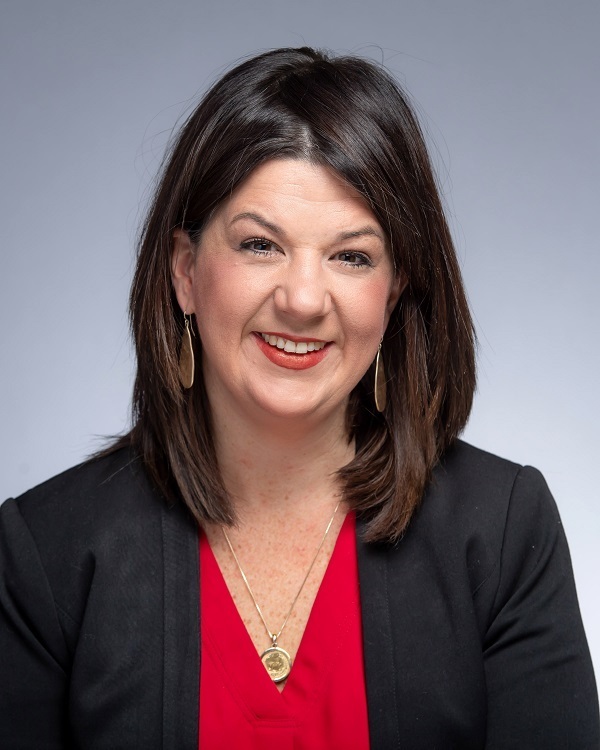
Dear Friends,
Recently I had the privilege of testifying before Congress about solutions to poverty. As I was preparing, I pulled together loads of information, data, and client stories to help form what I wanted to share. While gathering all this information, I paused to reflect on how much we’re starting to understand about solving poverty and some significant examples of putting that evidence into action.
LEO turns 10 on September 30th and I can’t help but think with a big smile on my face of some things that have happened in the past decade. Ten years ago, my husband and I had been matched with a little girl in Taiwan and were getting ready to travel there to bring Olive home as her mom and dad. Ten years ago, I was serving as CEO of Catholic Charities Fort Worth and actively pitching to Jim and Bill for them to begin a randomized controlled trial with the “about to be created” LEO. Ten years ago, I was desperate for solutions that would do more than just make poverty a bit less painful for Americans struggling in it, but rather move them completely out, for good. Ten years ago, there were no domestic poverty labs building causal evidence about what works to reduce poverty.
A lot can happen in a decade. Motherhood, the creation of LEO, a personal move to Notre Dame to take on the “role of a lifetime” with an institution that makes good on its promise to be a force for good in this nation, more domestic anti-poverty labs created at preeminent universities, many much-needed research projects launched, and the resulting evidence that goes beyond a journal publication and moves towards scalability and impact.
We talk often at LEO about President Johnson’s War on Poverty almost 60 years ago. The U.S. is largely providing services to people in poverty the exact same way they were provided when that “war” was declared. Things need to change. But we also see how much has been done in this last decade that is changing lives:
- Eight programs throughout our nation have done the hard work of building causal evidence on how to solve the community college completion crisis. These programs, now armed with evidence, are scaling and impacting public policy.
- We’re gaining a deeper understanding of the need for comprehensive services and intensive case management as a solution for upward mobility.
- We’ve learned so much about homelessness prevention—how to avoid making the problem of homelessness in our country any worse than it already is by building evidence-based solutions that ensure folks get the help they need before they lose their housing.
- The federal government convened an Evidence-Based Policy Making Commission that lead to an Evidence Act passed by Congress and signed by the President that advocates for the creation and use of evidence in the policy space.
- Probably most importantly, providers across the country, poverty’s fiercest adversaries, give us a great gift by allowing us into their lives, into their programs, into their data, into their efforts…all with the goal to create the evidence that will help us move past assumptions and one-off successes and towards real understanding about if their programs have their intended impact. With over 70 partners creating evidence with us, we are well positioned for the next decade of learning together.
My dream for the next decade is quite simple—pull out this article and say, “And I thought we had made progress in our first decade—HA! LEO’s first decade was nothing compared to the evidence we have built now and how that evidence has translated to more impact.” We can do it. We can move mountains in the next decade because I believe the will is there. I have the privilege of seeing it every day with the commitment of our provider partners, our researchers, our benefactors, our LEO team, and yes, even sometimes the political will in Congress.
Here’s to 10!
And here’s to the next 10!
With sincere gratitude to each of you,
Heather Reynolds.